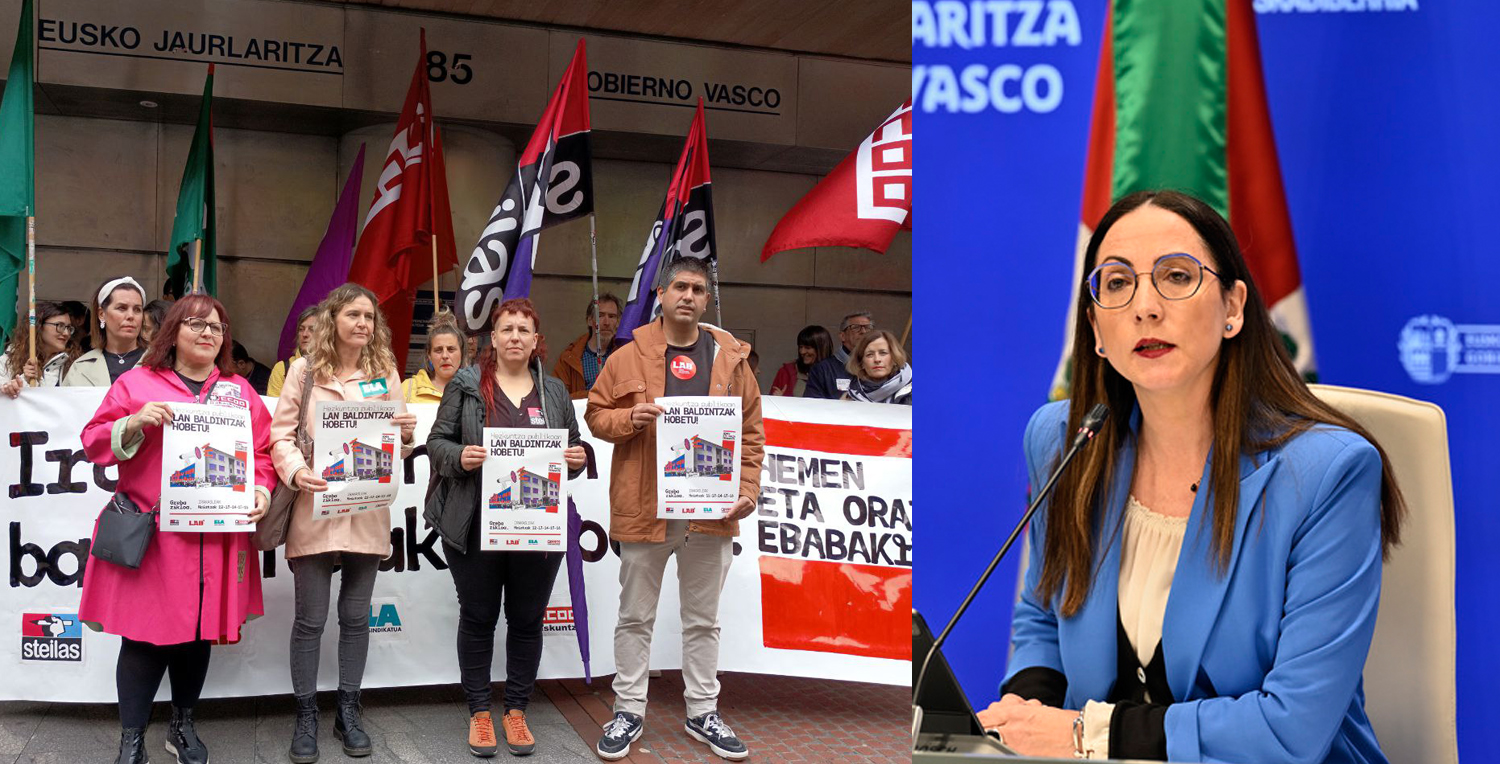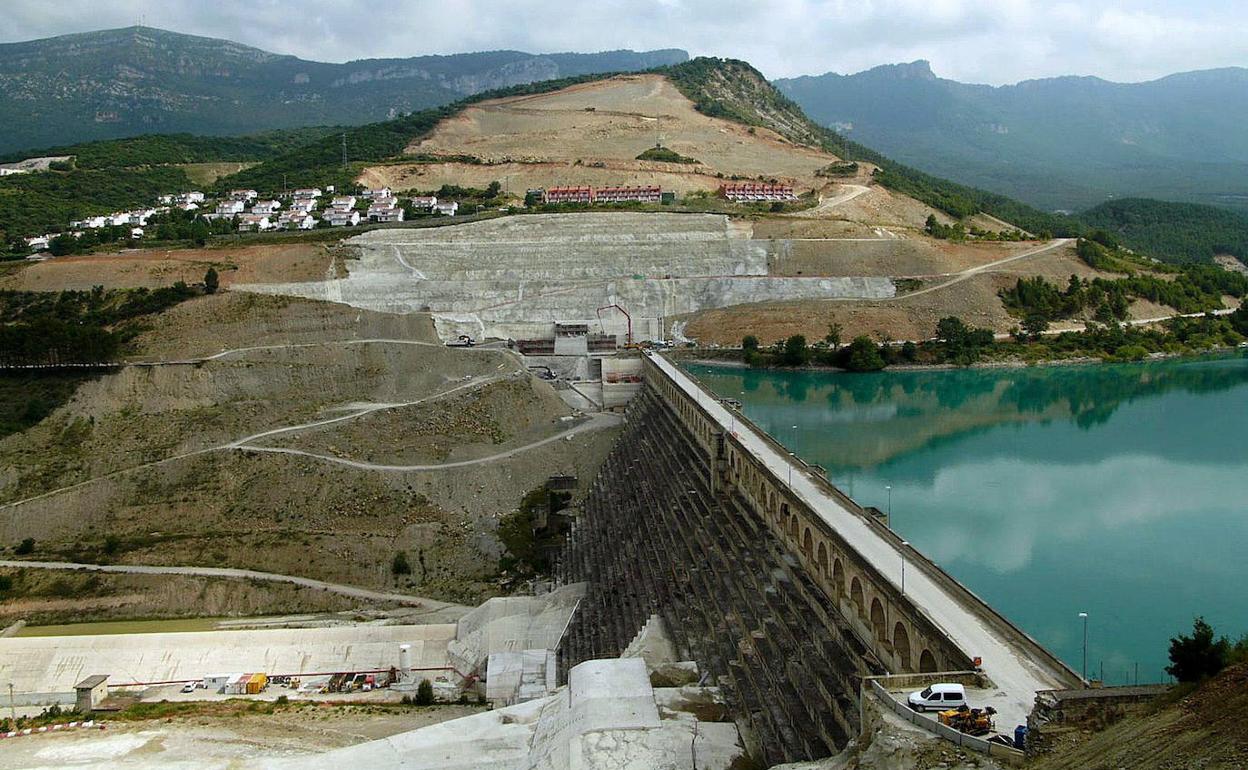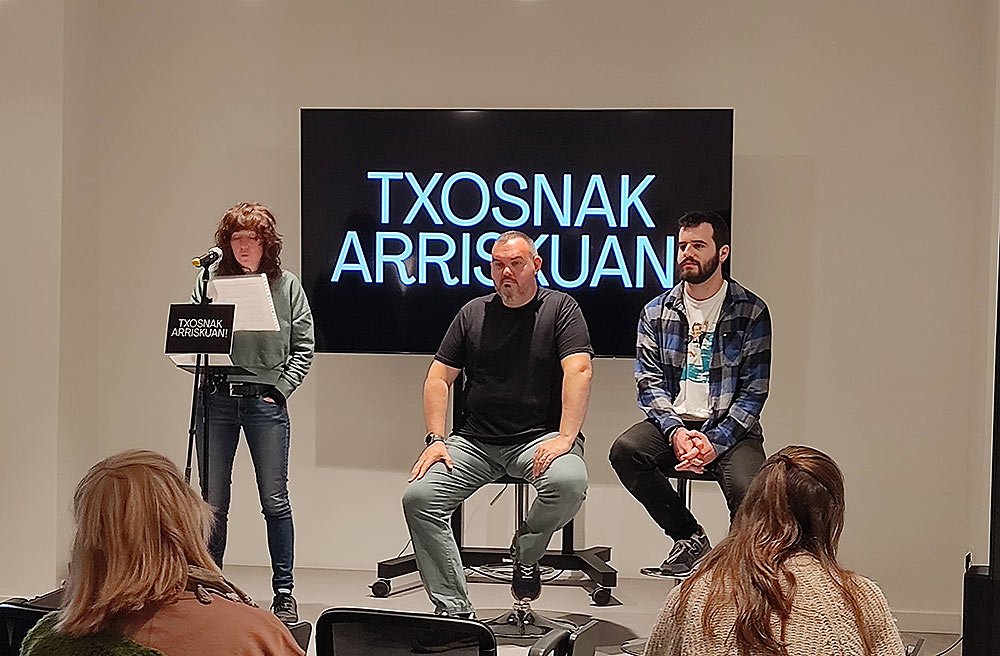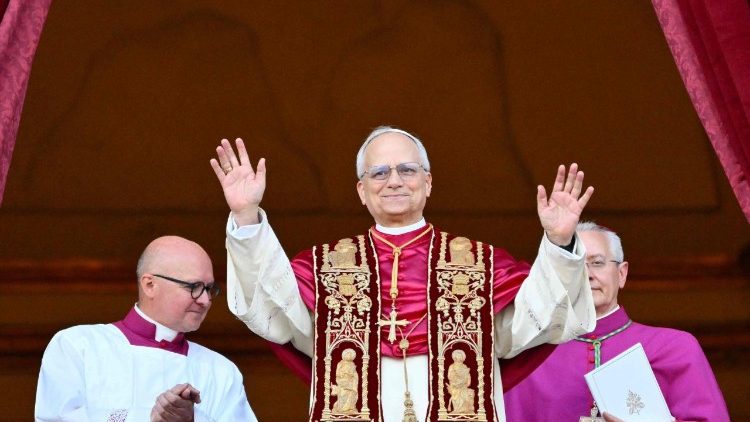Modern revolutions
- They have had to pass ten columns, ten, which have named these columns, Stefan Zweig, to name them in these columns – and I am sure it will not be the last time. Zweig, I would say, does not need to present it; we can only remind him of three novels in Basque: Chess novel (Alberdania, 1999), The letter of an unknown woman (Igela, 2005) and Twenty-four hours in the life of a woman (Igela, 2007). But, more than fiction works, his memoirs have been chained to me these past days, Die Welt von Gestern, the world of yesterday.
And among those I've read there, I've had one thing that I've been going around these past few days. In February 1934, the short, four-day Austrian civil war broke out, but caused hundreds of deaths. And although Zweig was in Vienna, at the epicenter of that war, he confesses that he saw nothing, that he knew nothing. A citizen of New York, London or Paris would have more information than he would through the press. That is the uniqueness of the modern revolutions, which take place in the vast space of the cities and, in this way, go completely unnoticed for the majority of the population. Zweig goes further: “History denies contemporaries the possibility of knowing in its beginnings the main movements that determine the time.” Even their fellow countrymen.
I know that the political situation in the country I live in is getting hot, calling me, asking me, yelling at me. I realize that something is happening here, because television, radio, newspapers, friends, they also call more often. But I know that then they don't do it for me, they don't call to know how I am, but for them, because they want to know what history denies them. That is understandable. Let them keep calling me, therefore, even though modern revolutions, if any, go unnoticed, for me as well.
BRN + Neighborhood and Sain Mountain + Odei + Monsieur le crepe and Muxker
What: The harvest party.
When: May 2nd.
In which: In the Bilborock Room.
---------------------------------------------------------
The seeds sown need water, light and time to germinate. Nature has... [+]























